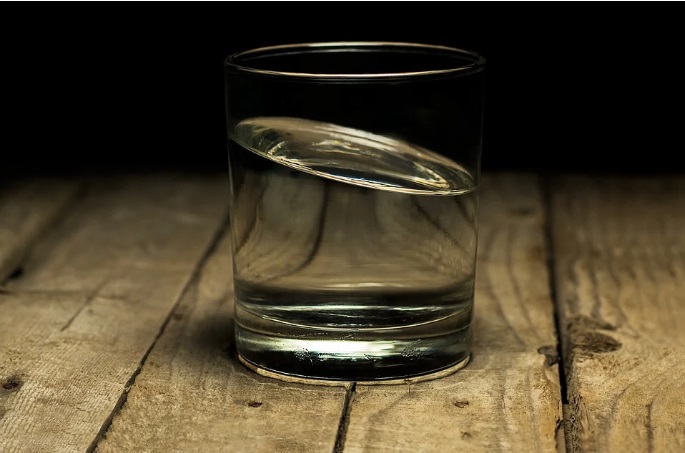 By Bretton Love
By Bretton Love
Water should generally have a smooth taste. If you have noticed a funny smell in your water, most likely, you are not right. If more than one person complains about the weird smell, then you are probably staring at possible contamination. Water tasting can give you an idea of what could be the problem. Give it one keen smell and taste. Yes! I know it is yuck, and you probably don’t want to do that, but it is one way you can know what you are dealing with. It is certainly not the only way. The most common problem is seeping metal ions into the water. Iron, copper, manganese, magnesium, and such metals can get into your water systems. If you are using old water systems, lead could also be a problem.
The other possibility is biological waste seeping into your water systems. It usually happens inside contaminated systems. This problem should be sorted out urgently before it causes waterborne diseases and complications. Either way, do not treat all funny smells and tastes in water casually.
It is prudent that you act fast and here is what you need to do.
Seek Professional Testing
Professional testing can give you a holistic approach on how to deal with the situation. You could be drinking toxic water without your knowledge. It is always god to ask around to know if you are the only one experiencing the problem. Earthly and muddy tastes are quite common in summer. If you seek professional testing, you expect them to come up with a raft of measures. Focus on long-term solutions to the problem. If there are biological contaminants, you may need to have your plumbing inspected. If the problem is the source of the water, you may need water purification.
Buy a Water Filter
A water filter can rescue you from water-buying bills and the unenviable problem of funny smells in the water. Modern water purifiers can remove several water contaminants. Finding the best filters requires a simple process of determining which filter will deal with your problem. Reverse osmosis filters can help remove most of the water contaminants. If the filter has other systems, the overall level of filtration could be quite high—which is the preferred level for drinking water. RO systems can remove most of the toxic metals, such as lead.
When buying a filter, you will need guidelines from the testing results. You want a filter that can remove all the contaminants in your water. Groundwater filters start from filtering sediments. They will also soften the water before filtration begins. Tap water may not have any problems with deposits, but it requires complete filtration processes to remove excess chemicals used in water purification and remove other contaminants.
Maintenance is Vital
Once you have bought the right filtration system, you need to understand the filtration process so that you can do it effectively. You want your water to come out ready to drink. A basic understanding of the process helps you appreciate the methods. For example, activated carbon in most filters traps most biological contaminants, such as algae. You can drink the water that comes out of the systems without fear.
You have to use the filters, as stated in the manual. If the systems recommend something, you should ensure to do it a stated. The accuracy of the system depends on the way you follow instructions. Misuse of the filter could lead to lower success rates.
If you have bought a filtration system that requires replacement parts and items from time to time, you should always follow the maintenance and replacement procedure. If you don’t follow through it well, you will end up with the same lousy water at the end of the process.

Supplement the Water
Once you have filtered the water, you can also supplement it to make it taste better. If you have moved recently, you might find out that the water in your new location, unpalatable. You can supplement the water after filtering to help you adjust to the new water taste.
The idea is to find out the problem and fix it in time before it can escalate. If the problem is systemic, and probably environmental, you may not have much voice alone. In such a situation, you will be better off focusing on your filtration efforts. Filtration can remove up to 99% of the contaminants. Highly efficient systems are usually expensive. You can also get a bargain product if you carefully scan the market for a filter that helps you deal with the most rampant problem with your water.
Become a Harlem Insider!
By submitting this form, you are consenting to receive marketing emails from: . You can revoke your consent to receive emails at any time by using the SafeUnsubscribe® link, found at the bottom of every email. Emails are serviced by Constant Contact








